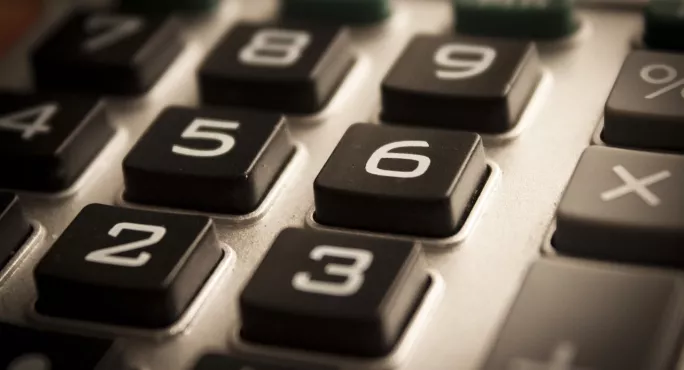Maths teachers in Scotland have been told that students need more practice in working without a calculator.
In the 2018 maths exam at Higher - Scotland’s flagship exam - the number of mistakes in a paper that is taken without a calculator has caused concern at the Scottish Qualifications Authority (SQA).
The SQA’s 2018 course report for Higher maths states: “In the non-calculator paper, candidates made a significant number of numerical inaccuracies in their working. This costs valuable marks. Teachers and lecturers should consider how best to maintain and practise non-calculator mathematical skills when preparing candidates for the course assessment.”
Earlier this year, research showed that children’s maths skills were not harmed by using calculators in the classroom and that the devices could help to boost pupils’ calculation skills. A report commissioned by the Education Endowment Foundation and the Nuffield Foundation suggested that, while primary school students should not use calculators every day, those at secondary school should have “more frequent unrestricted access” to them.
In the 2018 Higher maths exam overall, the SQA found that most candidates were “well prepared and attempted most questions”. The SQA report states: “Working was often well set out and many candidates gave solutions in a clear and concise manner.”
Concerns over algebra
At National 5, the level below Higher, maths students’ use of algebra caused concern.
“Teachers and lecturers should consider how best to maintain and practise basic algebraic skills: for example, rearranging, factorising and simplifying,” the National 5 maths course report says. “In both question papers, performance in basic algebraic skills was disappointing, and cost many candidates valuable marks.”
There was evidence of improvement in answers to questions requiring National 5 students to communicate an explanation or reason for their working, although “many candidates are still unable to make valid comments, for example, when comparing sets of data”.
Poor basic number skills resulted in a “significant number” of National 5 students dropping marks in six questions.
Overall, the report says: “The majority of candidates were well prepared to answer most questions. Workings were usually displayed clearly, and correct units were stated where appropriate.”




